Posts by David
Fotomuseum new website and digital asset management system
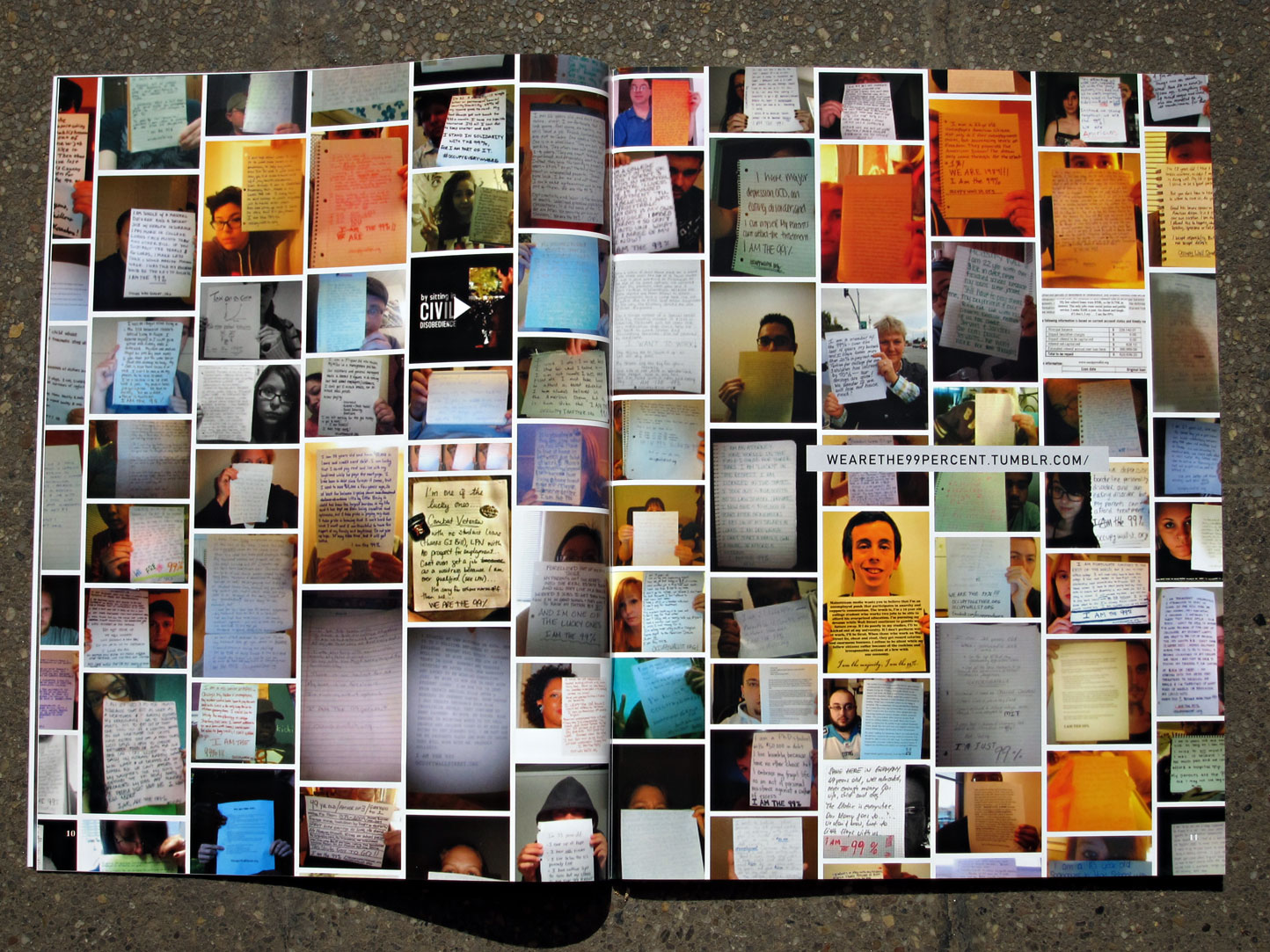
Data Futures @ the IMCC is very proud to report its involvement in Fotomuseum Winterthur’s launching of a new visual identity on February 26th of this year, including the redesign of its website and the building of an innovative digital asset management system.
Photography is changing rapidly, extending its capacities in relation to computational technologies and the power of data communications. No longer defined by the relative singularity of the chemical image, digital photography increasingly mixes still and moving forms and is subject to unpredictable transformation and replication. In the algorithmic age photographic imagery is extensively distributed and shaped by incessant change. Connections and interactions between global systems are becoming dominant factors.
Fotomuseum has decided to respond decisively to these changes by creating a new visual identity adequate to an extended notion of the photographic. Museums now comprise vast digital infrastructures, and central to the project has been the renovation of Fotomuseum’s old website. Together with Simon Davies, the web engineering firm Systemantics was engaged and Fotomuseum’s website has been completely redesigned. It now presents the activities of Fotomuseum more clearly, with a strong emphasis on the visual content of the museum. A variety of social media has been embedded in the site and a video channel launched to archive interviews and presentations conducted at the museum. Fotomuseum has amassed significant content over the years and this can now be accessed through a search function that aggregates results across the whole website. More content from Fotomuseum’s history will be added over the next six months. The final result is a website that is packed full of information, easier to use and more visually engaging for online visitors.
Fotomuseum’s digital content has been managed up until now by multiple IT platforms. Like internet technologies, these platforms are constantly evolving, but they have also created isolated silos of information requiring complex integration if data is to be shared and sustained. Fotomuseum has taken the radical step of moving beyond specific IT products for functions such as the online collection, blogs and the publication archive, and has built a unified fully-linked and sustainable digital asset management system (DAMS). Collaboration with the Data Futures consortium, based at the University of Westminster, enabled automated transformation of data from Fotomuseum’s multiple IT systems into a single corpus which now provides access to Fotomuseum’s many assets for the new website. Data Futures’ open source freizo migration software ensures the sustainability of the Fotomuseum DAMS over many decades, independent of the website. It has built a future-proof foundation for new services such as metadata harvesting by other institutions and interfaces for scholarly research.
Duncan Forbes, Fotomuseum Director, said: “We are very proud of this transformation and believe we’ve designed an identity for Fotomuseum which enhances its reputation as a leading venue for photography, as well as being both playful and intellectually challenging. Furthermore, for a mid-sized museum our digital infrastructure is now one of the most advanced in Europe”.
For further information about the project, please contact Fotomuseum at presse@fotomuseum.ch
Fotomuseum Winterthur Grüzenstrasse 44 + 45 CH-8400 Winterthur + 41 (0)52 234 10 60
Experimental Writing @ Carroll / Fletcher: Kreider + O’Leary with Maria Fusco, March 18th
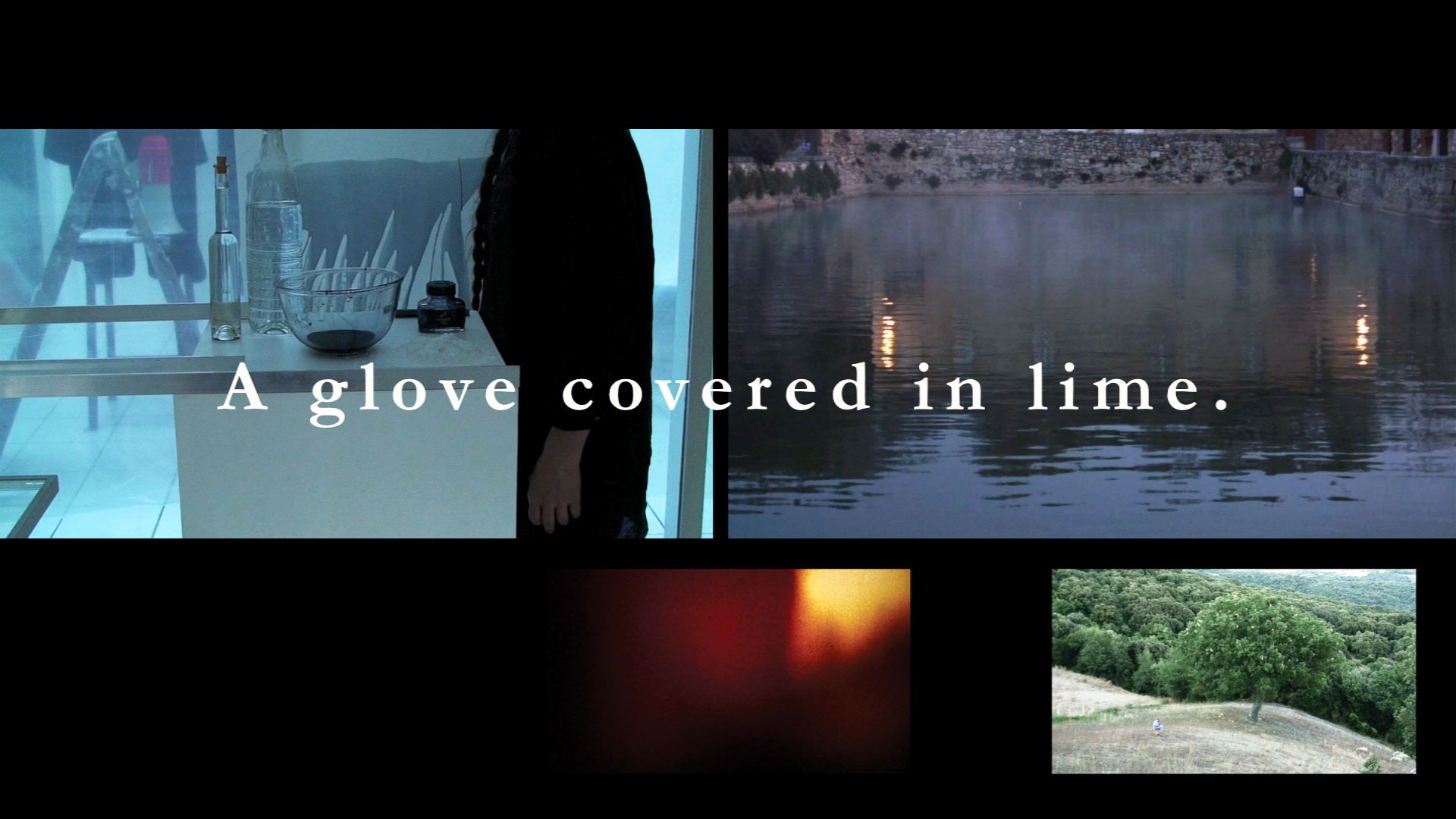
Experimental Writing @ Carroll / Fletcher: Kreider + O’Leary with Maria Fusco
Friday 18th March, 7.00pm
Carroll / Fletcher Gallery, 56-58 Eastcastle Street, London W1W 8EQ
Tickets: £5 from Carroll / Fletcher.
This will be a ticketed event. Booking information will be available soon via eventbrite.
This is the second event in the Experimental Writing @ Carroll/Fletcher series. Organised by the Institute for Modern and Contemporary Culture at University of Westminster and Carroll/Fletcher, the series showcases contemporary developments in experimental writing and their relationship to the visual arts.
Kreider + O’Leary will read from a selection of works including Falling (Copy Press, 2015) and the forthcoming Field Poetics (EROS Press, 2017). In addition, they will screen a selection of video work that is made in parallel to the text works. The reading/screening will be followed by a conversation between Kreider + O’Leary and writer and academic Maria Fusco.
Kreider + O’Leary are a poet and an architect who collaborate to make performance, installation and time-based media work in relation to sites of architectural and cultural interest. Since 2003, Kreider + O’Leary have made work in places such as prisons, military sites, film locations, landscape gardens, desert environments and more traditional gallery venues across the UK, USA, Europe, Australia, South America and Japan. Their work Light Vessel Automatic was exhibited at Performing Architecture at Tate Britain in 2013, Edge City was exhibited at the Lisbon Architecture Triennale in Lisbon in 2013 and their book Falling has recently been published by Copy Press (2015).
Maria Fusco is a Belfast-born writer based in Glasgow. Her work is published internationally and is translated into ten languages. She has just completed Master Rock, a new commission from Artangel & BBC Radio 4, which is a performance and radio broadcasts live inside a mountain on the west coast of Scotland. Maria writes fiction, critical and theoretical texts and edits publications. With A Bao A Qu Reading When Attitudes Become Form (Los Angeles/Vancouver: New Documents, 2013), The Mechanical Copula (Berlin/New York: Sternberg Press, 2011), is published in French as Copulation Mécanique (Paris: éditions ère, 2012). She is founder/editorial director of The Happy Hypocrite a semi-annual journal for and about experimental art writing, and a Reader at Edinburgh College of Art, University of Edinburgh.
For more information, please contact either Georgina Colby at g.colby@westminster.ac.uk or Asya Bachelis at asya@carrollfletcher.com
Introduction to the Gothic course at the British Library
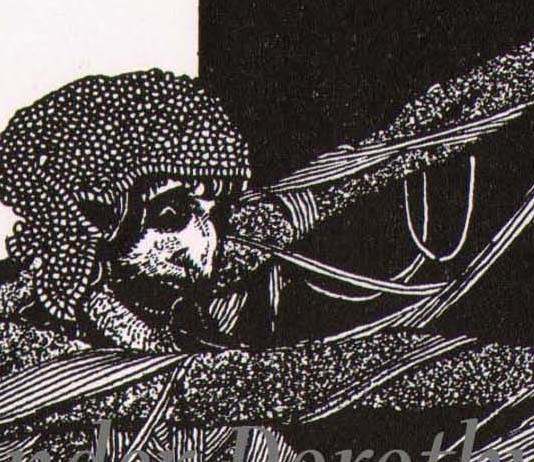
Emma McEvoy is teaching a special five-week Introduction to the Gothic evening course at the British Library, starting on Tuesday 5th April this year. Book a ticket now here!
The five-week course will introduce you to Gothic, from Horace Walpole’s seminal novel The Castle of Otranto (1764) to Daphne du Maurier’s Rebecca(1938). En route we’ll take in a novel by the ‘Shakespeare of romance writers’ Ann Radcliffe, Bram Stoker’s Dracula (1897), and short stories by Edgar Allan Poe and Nathaniel Hawthorne, amongst others. Gothic has never been solely a literary phenomenon and although our primary focus is on literature, we’ll also make reference to film, television series, architecture and painting.
You’ll also have the opportunity to view items from our collections such as Bram Stoker’s original playscript of Dracula, the beautifully illustrated edition of Walpole’s Description of Strawberry Hill, Victorian periodicals, first (and later) editions of the Gothic texts we’ll be discussing, and rare examples of the cheaply produced chapbooks of the 1790s.
The course is led by Dr Emma McEvoy, University of Westminster, with contributions from British Library curator Greg Buzwell.
See more here.
IMCC welcomes Duncan Forbes as new Research Fellow
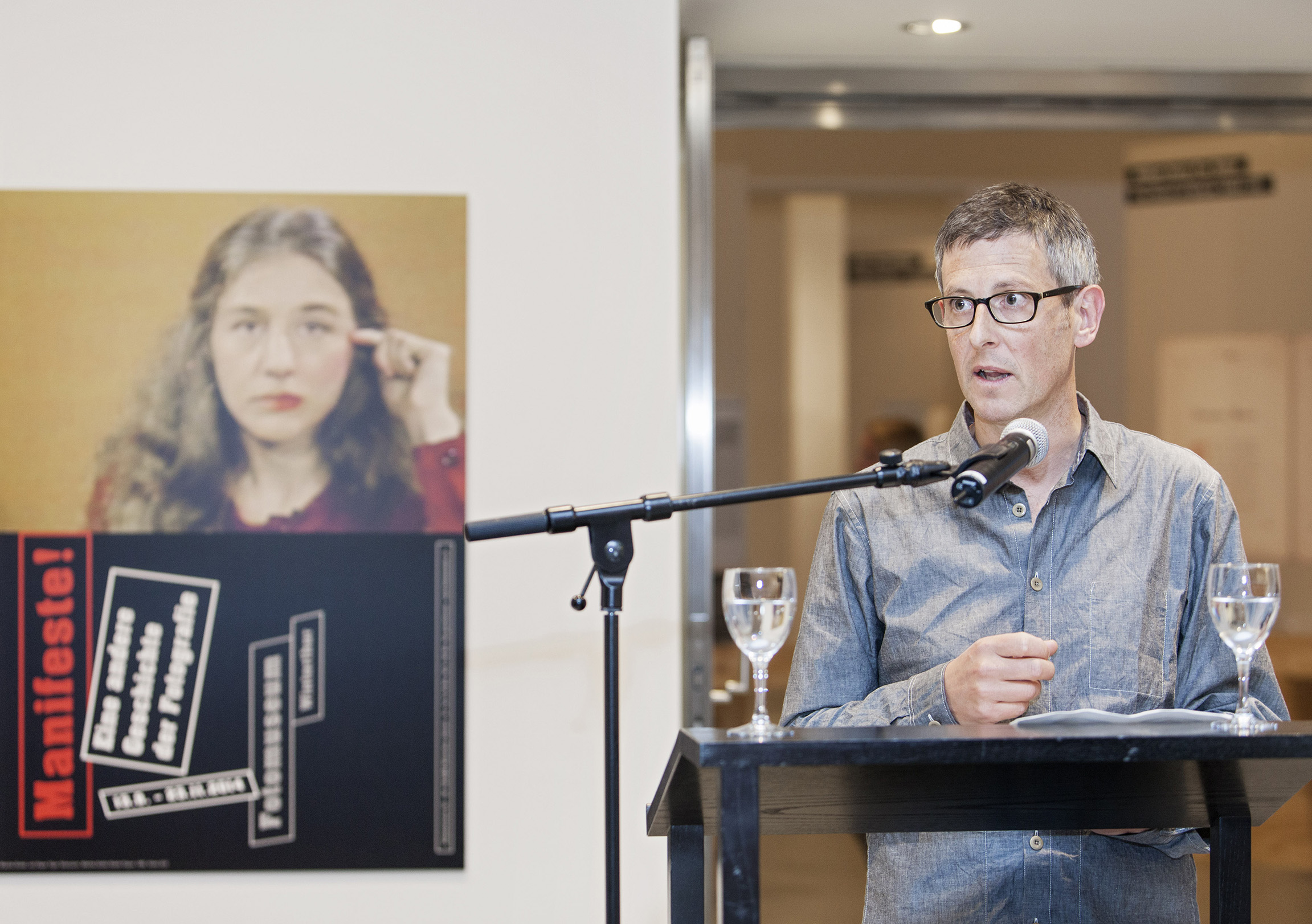
The IMCC is delighted to welcome Duncan Forbes, who is joining us as a Visiting Research Fellow in the Institute. Duncan is a curator and writer based in Los Angeles and London. He was formerly Director and Curator of Fotomuseum Winterthur and Senior Curator at the National Galleries of Scotland. A major figure in contemporary photographic history and theory, Duncan’s recent collaborative curatorial and publishing projects include Provoke: Between Protest and Performance: Japanese Photography 1960-1975 (Steidl, 2016), Beastly/Tierisch (Spector Books, 2015), Manifeste! Eine andere Geschichte der Fotografie (Steidl, 2014) and Edith Tudor-Hart: In the Shadow of Tyranny (Hatje Cantz, 2013).
Arthur Daemmrich on Crossing Boundaries
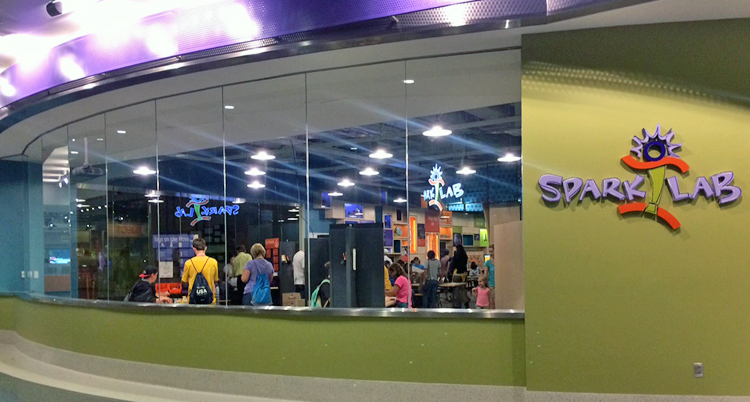
Wednesday 6th April 2016, 6.30pm
Fyvie Hall, University of Westminster, 309 Regent Street, London W1B 2HW
‘Crossing Boundaries: Promoting Innovation and Creativity’
Dr Arthur Daemmrich, Director of the Lemelson Centre, Smithsonian Institution
The Lemelson Center has led the study of invention and innovation at the Smithsonian in Washington DC since 1995. The Center’s activities advance scholarship on the history of invention, share stories about inventors and their work, and nurture creativity in young people. The Center is supported by The Lemelson Foundation and located in the National Museum of American History. The new Lemelson Hall of Invention and Innovation, opened on 1 July 2015, is a signature part of the Museum’s 45,000-square-foot Innovation Wing. The Hall is home to two exhibitions, “Places of Invention” and “Inventive Minds”, and includes the hands-on invention center Draper Spark!Lab.
Dr Daemmrich will give a special lecture on the work of the Lemelson, followed by a panel discussion with Tricia Edwards, Head of Education, Lemelson Center; Sharon Ament, Director, Museum of London; Stian Westlake, Executive Director, Policy and Research, NESTA. Chaired by Professor Alexandra Warwick, Head of Dept of English, Linguistics & Cultural Studies, University of Westminster.
RSVP and further information from Alan Morrison, Coordinator, Smithsonian-Westminster Colloquium, University of Westminster, morrisa1@westminster.ac.uk
The Iterative Turn seminar, Weds 2nd March 2016

Wednesday 2 March, 5.00 pm
Room 105, University of Westminster, 32-38 Wells Street, London W1T 3UW
‘The Iterative Turn’
Kaja Marczewska (Westminster), with a response by Steve Smith
A Post-Doctoral Fellow in the Institute, Kaja Marczewska will be giving a paper based on her current research with a response from Steve Smith. Drawing on debates about plagiarism and the state of copyright, Kaja’s paper investigates the implications of the increasing propensity to copy as a creative practice in contemporary culture and understands it as a cultural condition that triggers novel attitudes to creativity. By interrogating the restrictions of the dominant categories of originality and authorship, in legal and creative terms, the paper proposes the notion of iteration as a possible alternative for thinking about some representative creative practices characteristic of the contemporary moment.
China and the Great War Symposium
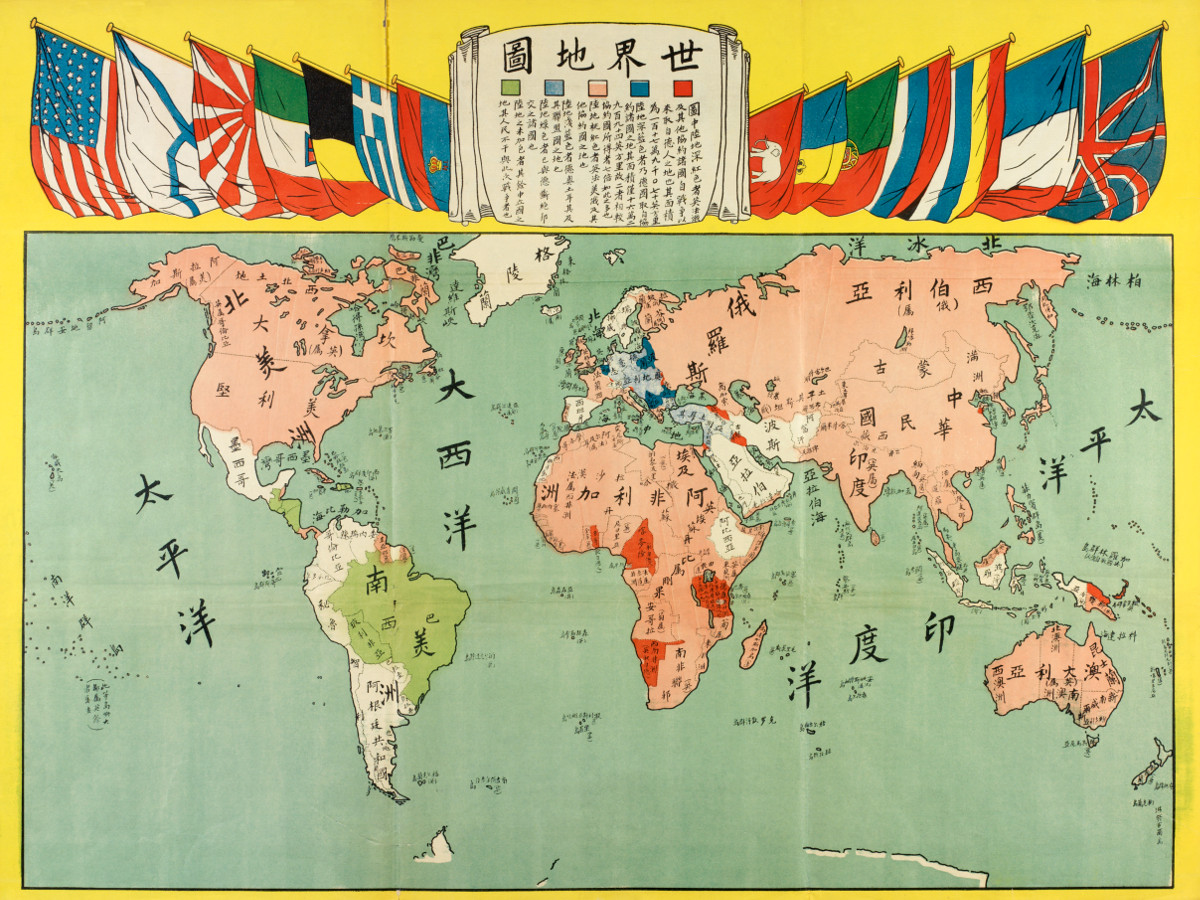
China and the Great War: A Symposium
Wednesday 4th May 2016, 9.00 – 17.00
Imperial War Museum, Lambeth Road, London SE1 6HZ
Organised by the Department of English, Linguistics and Cultural Studies and the Institute for Modern and Contemporary Culture at the University of Westminster
China’s participation in the First World War was a defining moment in modern Chinese and world history and the beginning of China’s journey toward internationalization. This symposium intends to extend the dimensions of our collective memory of the war along with investigations of the significance of the war to China’s subsequent role in international relations. Held on May Fourth, the date of the symposium commemorates the May Fourth Revolution which followed China’s betrayal at the Paris Peace Conference of 1919. A panel of leading international scholars, archivists, and community activists will address the ways in which World War I played a substantial role in shaping China’s 20th-century trajectory.
The symposium will also mark the forgotten contribution of the Chinese Labour Corps and the work they did behind the lines on the Western Front. China’s role in the First World War has been a curiously neglected topic. The symposium will participate in the endeavours of the Chinese community in Britain to create a memorial in London to the Chinese Labour Corps.
Further details and tickets here.
Sean O’Casey and the Easter Rising, Weds 17th February
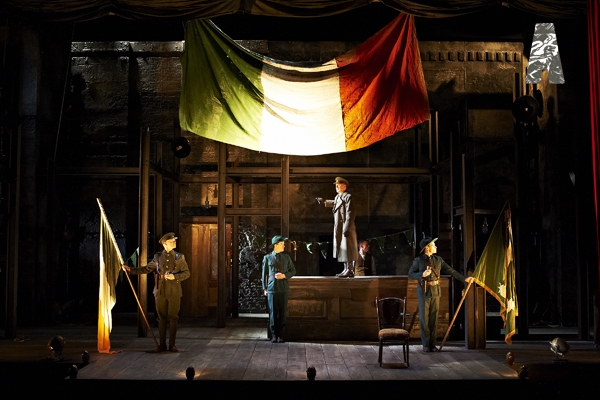
Wednesday 17 February, 5pm
Room 105, University of Westminster, 32-38 Wells Street, London W1T 3UW
‘Sean O’Casey and the Easter Rising’
Professor James Moran (Nottingham), with a response by Matthew Morrison
Spring 2016 marks the 100th anniversary of the Easter Rising in Dublin. The event will be commemorated at the National Theatre of Ireland with a production of Sean O’Casey play The Plough and the Stars and, from July, a separate production at the Royal National Theatre in London. What is the relationship of O’Casey’s play to the events of 1916? The talk explores how the insurrections was itself crafted by dramatists, with rebel leaders Thomas MacDonagh, Patrick Pearse and James Connolly all rehearsing aspects of the rising in the playhouse before they took on the British army in the streets of Dublin. It will show how O’Casey’s The Plough and the Stars subsequently sought to contradict the political and dramaturgical choices of those Easter rebels, but reveal that O’Casey’s writings also contain a number of endorsements of the insurgent point of view.
Special Lecture: Exhibiting the Medium Formerly Known as Photography, Feb 19th
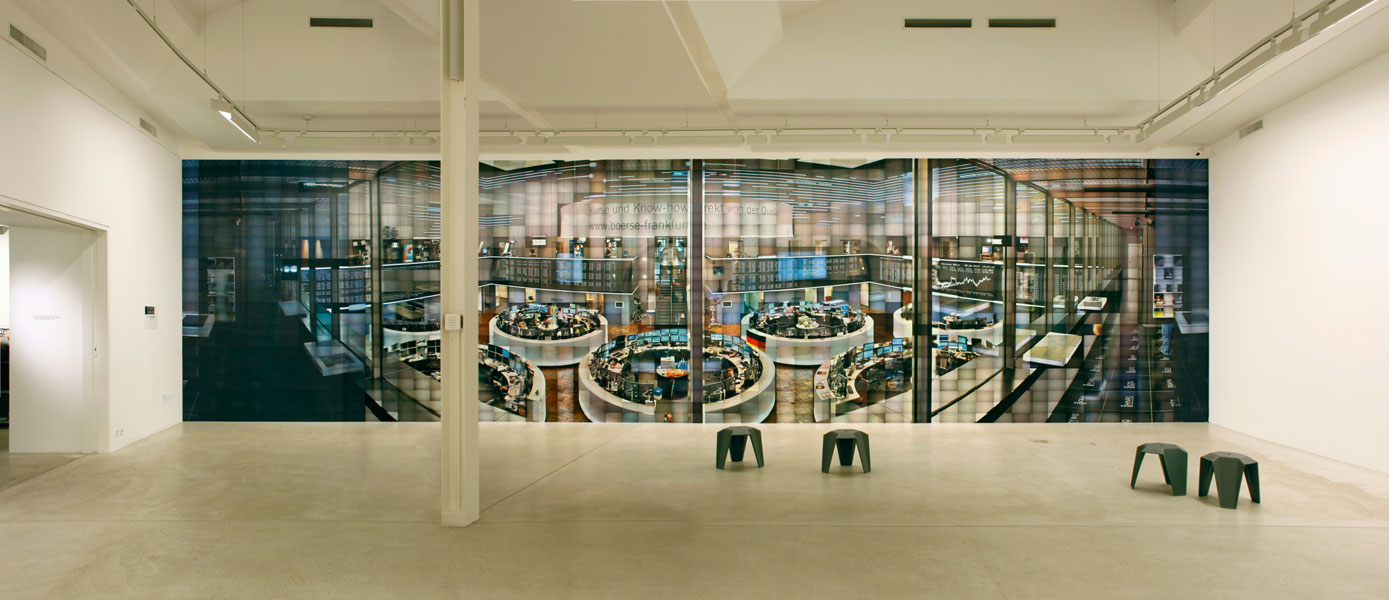
Friday 19th February 2016, 6.00 pm
Fyvie Hall, University of Westminster, 309 Regent Street, London W1T
“Exhibiting the Medium Formerly Known as Photography”
Duncan Forbes and Peter Cornwell
The last decade has witnessed dramatic changes in the exhibition of photography in response to the rise of so-called post-photography and the distributed or transitive nature of photographic media. The idea of photography as one medium is increasingly impossible to sustain, as images flood across different platforms, obliterating the distinction between still and moving media and offering new modes of reception and creative interaction. Nowadays the photograph is as much data as it is aesthetic or narrative, forging a paradigm of algorithmic vision. What does it mean for photography and its audiences when the traffic in photographs is transformed by global networks and the processing of big data?
Taking Fotomuseum Winterthur as a case study, this special lecture explores what these changes mean for curatorial practice and the institution of the photography museum.
Entry free of charge, please book here: http://www.eventbrite.com/e/exhibiting-the-medium-formerly-known-as-photography-tickets-21384410347 if you are not registered at the University of Westminster.
Duncan Forbes is Director and Curator of Fotomuseum Winterthur. He was previously Senior Curator of Photography at the National Galleries of Scotland. Recent collaborative curatorial and publishing projects include Provoke: Between Protest and Performance – Japanese Photography 1960-1975 (Steidl, 2016), Beastly/Tierisch (Spector Books, 2015), Manifeste! Eine andere Geschichte der Fotografie (Steidl, 2014) and Edith Tudor-Hart: In the Shadow of Tyranny (Hatje Cantz, 2013).
Peter Cornwell is Director of the Data Futures project in the Institute for Modern and Contemporary Culture at Westminster. He has previously been Director of European Research for Texas Instruments Inc., Professor of Public Art at Central Saint Martins and Director of the Institute of Visual Media, ZKM.
Space, Data & Abstraction, RCA, Feb 16th
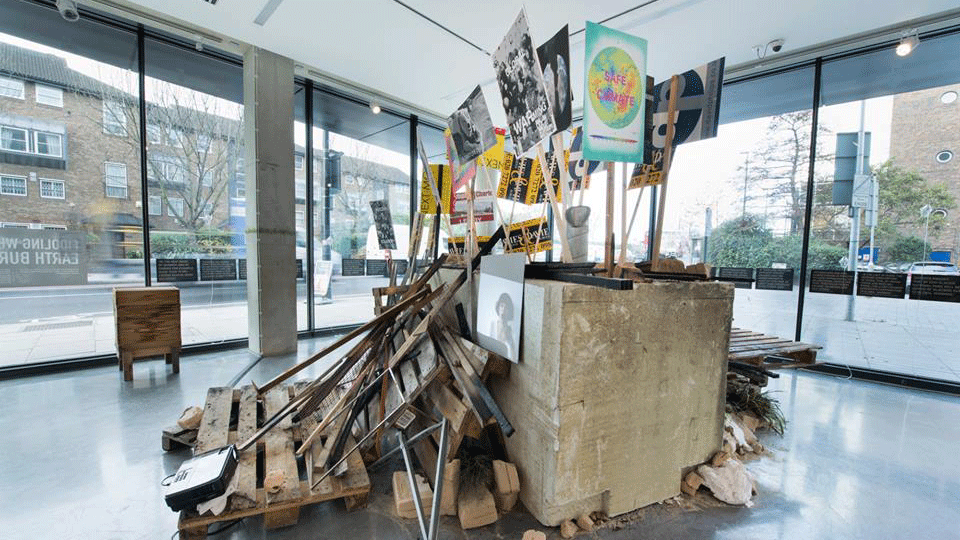
Tuesday 16th February 2016, 6.30-8.00 pm
Gorvy Lecture Theatre, Royal College of Art, 1 Hester Road, RCA Dyson Building, London SW11
RCA Visual Cultures Lecture Series 2015/16: Space, Data & Abstraction
The IMCC’s David Cunningham will be speaking alongside Adrian Lahoud, Dean of the School of Architecture, as part of the RCA’s current Visual Cultures Lecture Series, presenting recent research and discussing Space, Data & Abstraction. The conversation will be chaired by Jaspar Joseph-Lester, Research Tutor and Reader in Fine Art (Art, Urbanism and the Moving Image) at the RCA School of Fine Art.
Further details on the lecture series, which also includes contributions from Catherine David, Richard Sennett, Jonas Staal and Marina Warner, are available here.
The lecture is free and open to all – it will be live broadcast by this is tomorrow
Queer London Research Forum: Second Annual Queer Literature Event
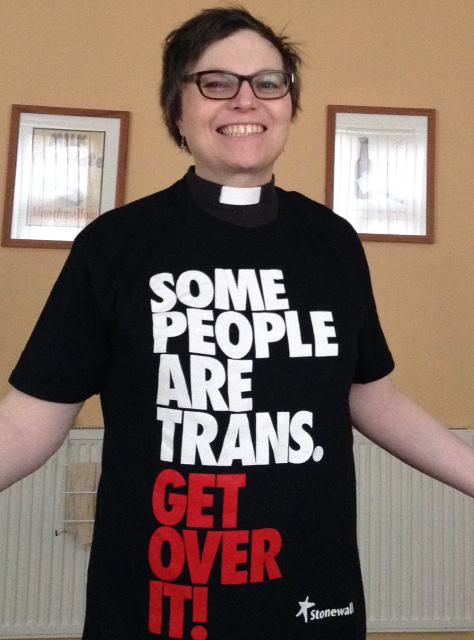
Monday 8th February 2016
University of Westminster, 309 Regent Street, London W1T
Queer London Research Forum: Second Annual Queer Literature Event
As part of LGBT History Month, the Queer London Research Forum at the University of Westminster is pleased to be hosting its second annual Queer Literature event. This year our speakers will be Rachel Mann and Roz Kaveney, who will both read from their work and take questions from the audience. The event will be followed by a wine reception.
Rachel Mann is an Anglican priest, poet and queer theologian based in South Manchester. She is transgender and the author of three books, including an autobiography, Dazzling Darkness. Her poetry covers themes of gender, sexuality and faith. Rachel is currently Resident Poet at Manchester Cathedral.
Roz Kaveney is a poet, novelist, activist and cultural commentator. Her books include Reading the Vampire Slayer, the Lambda short-listed poetry collection Dialectic of the Flesh, and the novel Tiny Pieces of Skull, which the TLS called ‘a seminal fiction work on transgender identity and transphobia’.
The event is free and can be booked online through Eventbrite.
Call for Papers: “Image and Text, or, Image as Text”, May 12th
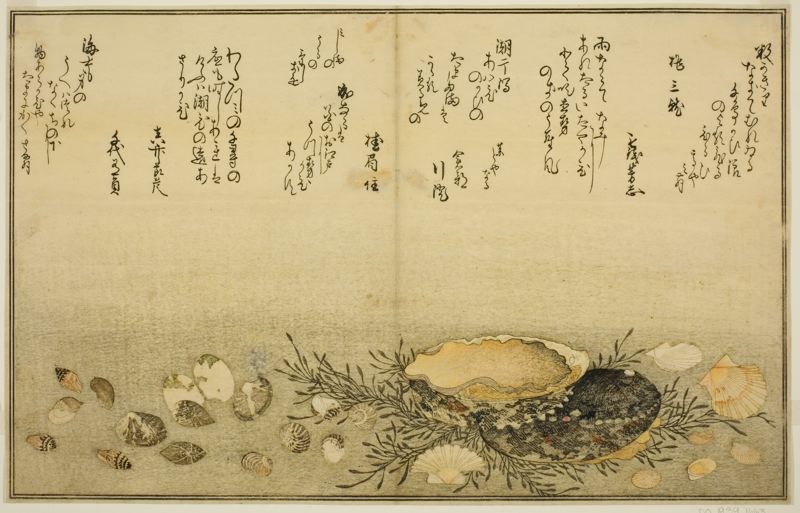
Call for Papers: “Image and Text, or, Image as Text”
Thursday 12th May 2016, University of Westminster, London
The image/text relationship is perhaps one of the most significant fields of current academic study since constructions of text and the image, the modes of reading and seeing dependent on these constructions and the relationships between each of them play an important role in the control of human perception and knowledge, and the limits and constraints that they are based upon. With the telecommunications revolution and changes in popular reading habits the boundaries between image and text are becoming increasingly blurred. This interdisciplinary conference offers a unique opportunity to explore the image/text interaction from a variety of perspectives, including literary studies, visual culture and cultural studies, photography and art history.
Topics might include, but are not limited to: the inclusion of words in Western art or calligraphy and the calligraphic art of the East and Arabic worlds; illustration as readings of writing, e.g. children’s illustration; ekphrasis, or descriptions of images in writing; adaptations of writing in the cinematic or televisual image; illustration, photography and their relationship to scientific writing and the encyclopaedia; non-standard typographic representations in literature.
Although all are welcome and encouraged to come and take part, the conference is mainly targeted at PhD researchers and Early Career Researchers and aims to offer a friendly, inter-disciplinary space for the dissemination of ideas amongst researchers with a shared interest.
Prospective authors are invited to submit a 200-word abstract to suneel.mehmi@my.westminster.ac.uk
The deadline for submission is Friday 8th April 2016. Successful candidates will be selected by the hosting committee.
Film Matters 2016
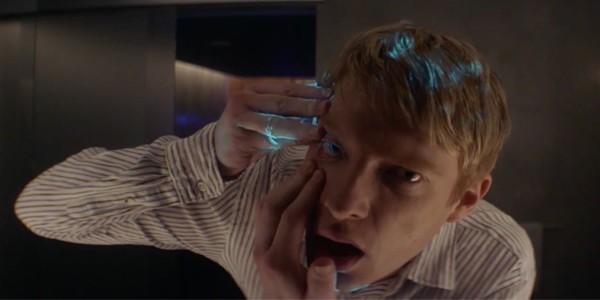
A new series of Film Matters screenings organised by the Centre for Law, Society and Popular Culture at the University of Westminster has just been announced. This year the films chosen relate to the concept of ‘change’.
First up are two films, Ex Machina and A.I. , relating to recent developments in Artificial Intelligence, forming part of the Law and Artificial Intelligence Series, the first event of which took place in October 2015. This is followed by a screening of The Imitation Game, introduced by Writer in Residence at Westminster, Mike Garry, who is currently collaborating with composer Philip Glass on a project based on the life of Alan Turing. Finally, in support of National Stroke Awareness Month, there will be screening of The Possibilities are Endless which documents the impact of the stroke suffered by musician Edwyn Collins.
Download the Film Matters 2016 season poster (PDF format).
These events are free and everyone is welcome, please register online.
Decades of Contemporary British Fiction
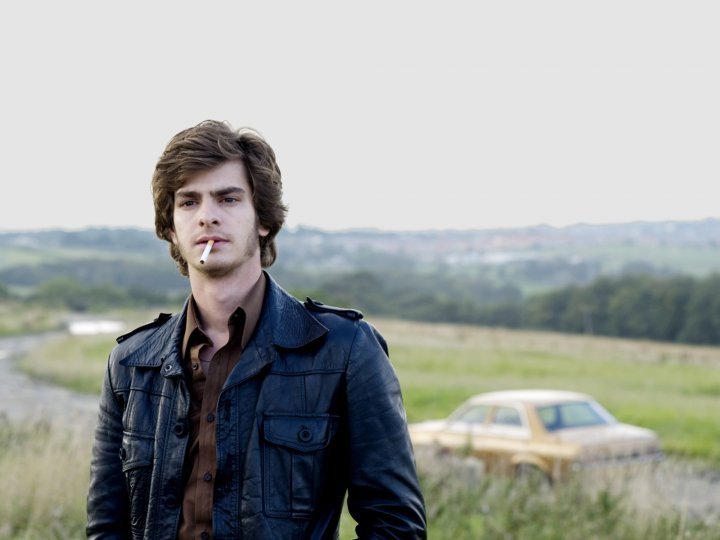
The four-volume series Decades of Contemporary British Fiction: The 1970s to 2000s, co-edited by our own Leigh Wilson with Nick Hubble and Philip Tew, is out now from Bloomsbury. 10% discount if you order all four here.
As well as editing co-editing three of the volumes, Leigh has also contributed an excellent essay to the 2000s collection on ‘the historical novel and the crisis of fictionality in the first decade of the twenty-first century’.
From Peter Pan to Lady Precious Stream seminar
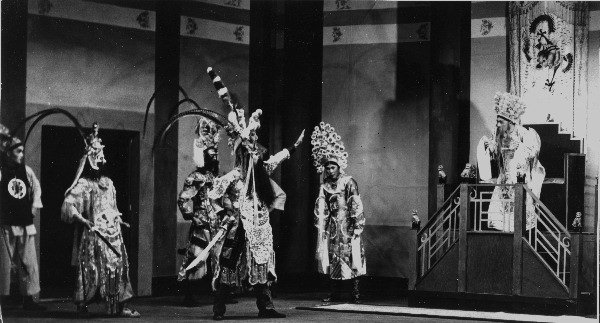
Wednesday 20th January 2016, 6.30-8.00 pm
Room UG04, University of Westminster, 309 Regent Street, London
Diana Yeh (City University, London)
From Peter Pan to Lady Precious Stream
An illustrated talk by Diana Yeh on a famous Chinese artistic couple who hit the London theatre stage in the 1930s with the play, Lady Precious Stream. A short film of this play will be shown. Organised by our colleagues in Modern Languages and Culture, in collaboration with the Meridian Society and the Department of English, Linguistics and Cultural Studies at Westminster.
Shi-I Hsiung translated several English novels and plays into Chinese, including Bernard Shaw’s Man and Superman and James Barrie’s Peter Pan. When he came to London, he adapted the Chinese Beijing opera Wang Baochuan into Lady Precious Stream, a modern Chinese drama in English which hit the London stage – the Little Theatre in the Adelphi – in November 1934. It was so successful and popular that it went on to be performed in other theatres nationwide and in other countries, including the USA, starting in Broadway, New York. Royalty and celebrities went to see the productions and the Hsiungs were feted as celebrities too. Diana Yeh tells the story of the Hsiungs and analyses their role as representatives of the new, modern Chinese cultural élite who brought Chinese culture to the West and introduced English culture to China during this period. She analyses their contribution and reception within the context of the contemporary images of China and the Chinese (‘John Chinaman’ and ‘Fu Manchu’) and the changing political and social circumstances leading up to World War II.
The event is free and open to the public. Non-University of Westminster attendees please register with Cangbai Wang by emailing c.wang6@westminster.ac.uk
Floating Points at Ambika P3
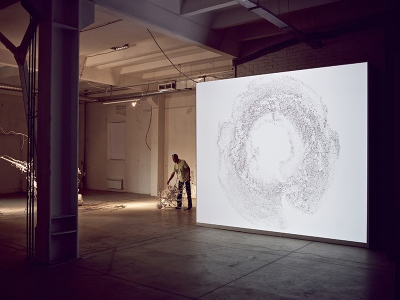
FLOATING POINTS
Gavin Baily, Tom Corby
Ambika P3, University of Westminster, 35 Marylebone Road, London NW1 5LS
Exhibition Opening hours: Saturday 19th Dec – Monday 21 Dec, 12.00-6.00
Private view: 6.00 pm Friday 18th December
A new exhibition by Gavin Baily and Tom Corby consisting of 3 screen-based projects and an installation set within P3’s underground galleries. The Northern Polar Studies (2015) and Minima, Maxima (2015) are premiered, while The Southern Ocean Studies (in collaboration with Dr Jonathan Mackenzie 2010), and Cyclone (2005 – 2015) are uniquely shown together for the first time. All 4 works employ various forms of climate or meteorological data to visually and physically condense the aleatory, hidden and the systemic aspects of sites and landscapes as large-scale data animation or installation.
Art has long found ways to make tangible the Earth’s exhalation of atmospheres and climates. This exhibition can be seen as part of this tradition, but breaks from it by bringing contemporary scientific technologies, data and institutions to bear to show how universal concepts of human relations with landscape are still pertinent in a contemporary context of accelerating climate change. Additionally, the complex entanglements of the social, material, atmospheric and geographic explored throughout these works, extend our feel for landscape and also our sense of how time functions in it. Landscape through its laminations, layering and morphologies, is conceived in this work as a recording device that tracks the Earth’s changing energy signatures. This movement of time and matter reimagines environmental terrains as extended temporal forms resultant from long-term changes; which we might propose of as ‘deep time landscapes’.
Exhibiting the Medium Formally Known as Photography at ZHdK
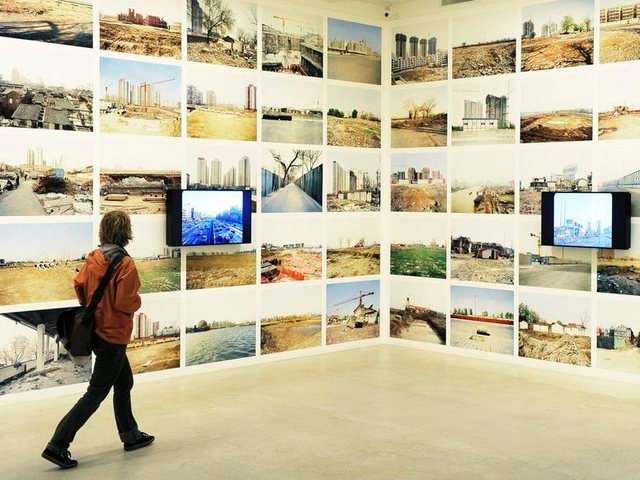
For any Swiss readers: Peter Cornwell, Director of the Data Futures project based in the IMCC, is giving a lecture this evening (Friday 11th December) with Duncan Forbes, Director and Curator of Fotomuseum Winthertur, on “Exhibiting the Medium Formally Known as Photography”.
The talk is at ZHdK (the Zurich University of the Arts) at 6.00 pm in room 6.K04.
The last decade has witnessed dramatic changes in the exhibition of photography in response to the rise of so-called post-photography and the distributed or transitive nature of photographic media. The idea of photography as one medium is increasingly impossible to sustain, as images flood across different platforms, combining still and moving forms, and offering new modes of reception and creative interaction. Nowadays the photograph is as much data as it is aesthetic or narrative, forging a new paradigm of algorithmic vision. What does it mean for photography and its audiences when the ‘traffic in photographs’ is transformed by global networks and the management of big data?
Taking Fotomuseum Winterthur as a case study, this lecture explores what these changes mean for curatorial practice and the institution of the photography museum. What would a post-photographic exhibition programme look like and what are the challenges of installation and interpretation? How should a photography museum position itself today, in relation to both physical and virtual audiences? What does it mean for the infrastructure of the museum as online platforms and retina displays proliferate and preservation-quality digitization becomes the norm? Is the institutional production of algorithmic vision sustainable and what are the creative possibilities? And what does a culture of ubiquitous, and sometimes disorienting, change mean for the staging of the history of photography?
New article by Sara Dominici on Tourist Photographers at the Poly
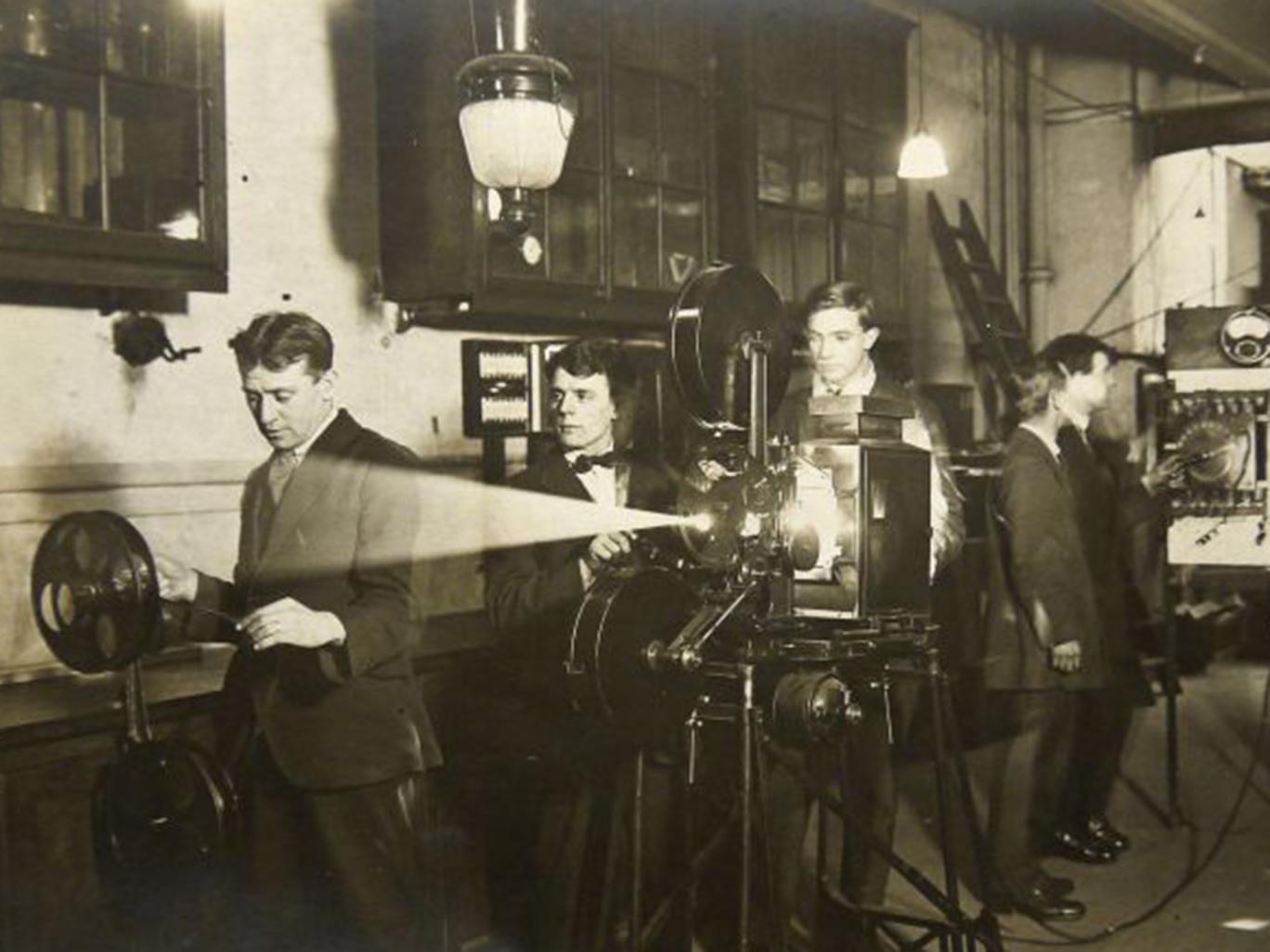
We’re pleased to announce that a new article by Sara Dominici, Post-Doctoral Fellow in the IMCC, has just appeared in the journal Photography and Culture. Entitled ‘Tourist Photographers and the Promotion of Travel: The Polytechnic Touring Association 1888-1939’, the article traces the ways in which the PTA’s passage from viewing tourists as citizens to educate, to customers to please, paralleled the move from using photography-based images to mixed media. While such a development was certainly a response to unprecedented market demands, Dominici argues that it should also be considered in relation to the widening of photographic perceptions engendered by the democratization of the medium, to which the PTA responded, first as educator, then as service provider. In doing so, the article raises several questions about the shifting relationship between “high,” or established, and “low,” or emerging, forms of culture, as mass photography and the mass marketing of tourism developed.
You can find Sara’s article here.
In Process opening
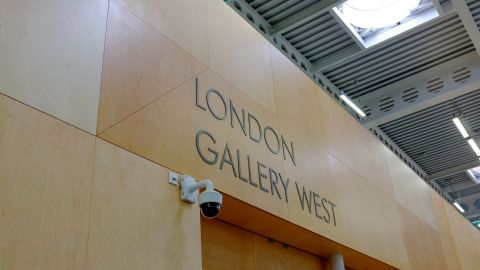
In Process Private view
Thursday 10 December, 6.00 pm
Gallery West – Project Space, University of Westminster, Harrow Campus
In Process (2015) is the inaugural exhibition from the Centre for Research and Education in Art and Media (CREAM) doctoral caucus based at the University of Westminster, including work by our own Steve Smith. The exhibition is a showcase of the various vibrant strands of interdisciplinary research being undertaken at the university. The focus is on modes in which CREAM students further practice-based modes of inquiry as means of art-making and producing contributions to knowledge and contributions to experience. Students undertaking principally theoretical research will also present elements of their research using practical modes. The exhibition will present work from ten doctoral students in the Project Space of Gallery West, and will be paralleled by a programme of film showings and performances.
Estéfani Bouza, Cinzia Cremona, Sue Goldschmidt, Alexandra Jönsson, Mirko Nikolić, Fathima Nizaruddin, Alexa Raisbeck, Bhavna Rajpal, Arne Sjögren, Steve Smith.
University of Westminster, Watford Road, Harrow, Middlesex HA1 3TP
Nearest Tube station: Northwick Park (Metropolitan line)
10 December 2015 – 8 January 2016
Opening times: 10am – 10 pm daily
Further details: www.westminster.ac.uk/inprocess
Inventing Maps: Towards a Geography of the Avant-Garde
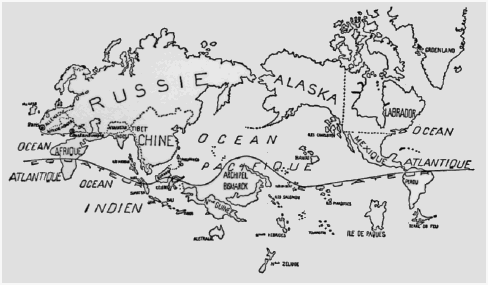
Wednesday 25th November 2015, 5.00pm
Room 105, University of Westminster, 32-38 Wells Street, London W1T 3UW
Inventing Maps: Towards a Geography of the Avant-Garde
Andreas Kramer (Goldsmiths), with a response by John Beck (IMCC)
This talk will explore how European avant-garde movements of the early twentieth century turned to geography to assert, validate and contest their artistic and political aims. The Italian Futurists famously claimed, in their founding manifesto of 1909, that ‘Time and space died yesterday’. Their claim signals the avant-garde’s desire to break with scientific conceptions of time and space; yet the issue of geographic location would persistently haunt the avant-garde’s emergence in various European cities and nations, just as the international dissemination of the avant-garde was framed by powerful, and sometimes strikingly original, geographical imaginations. Drawing on a range of examples from futurism, Dada and surrealism, this paper explores the visual and textual rhetoric of the map and mapping.
All welcome and entrance free. Non-Westminster guests can sign in at reception.
Followed by drinks in the Green Man…


